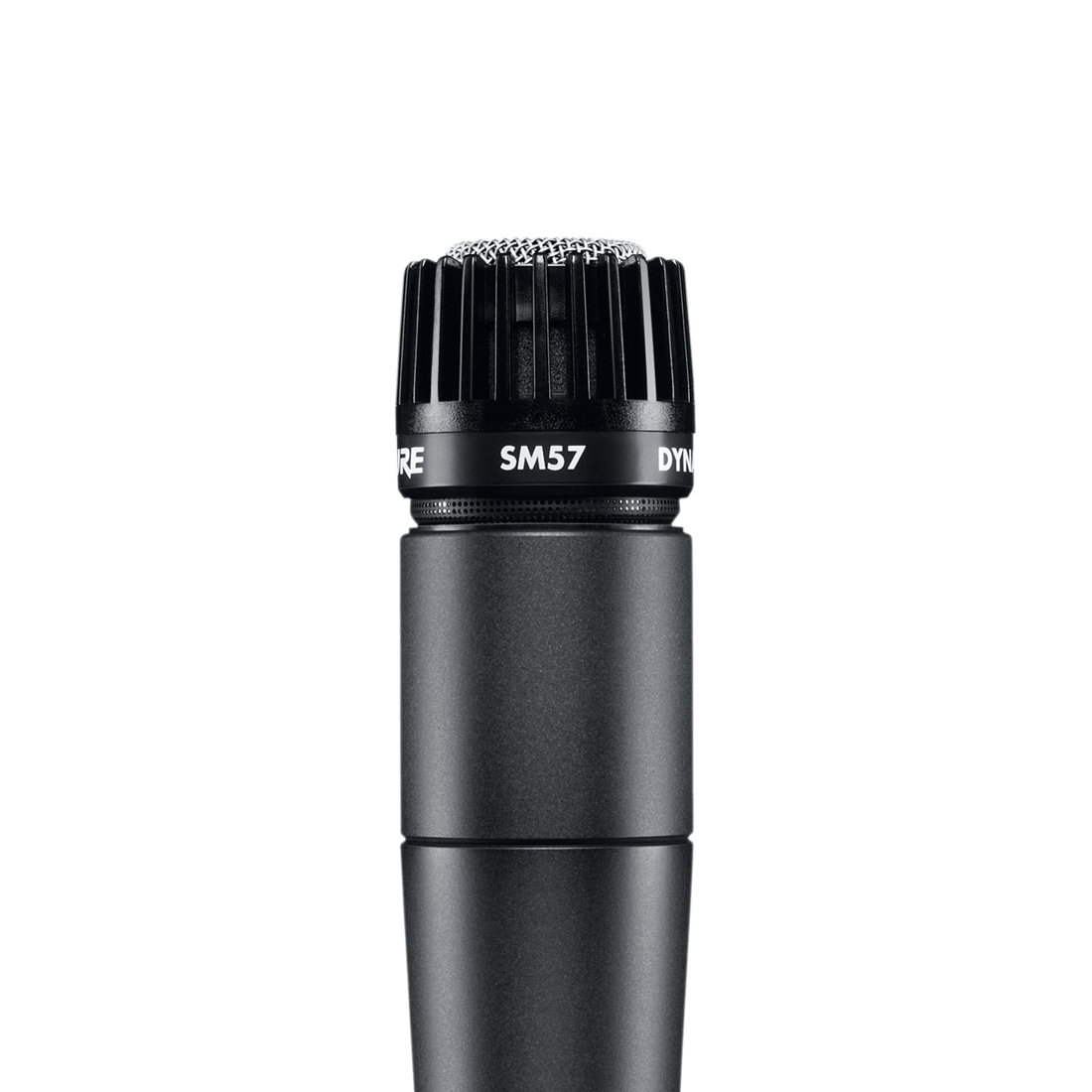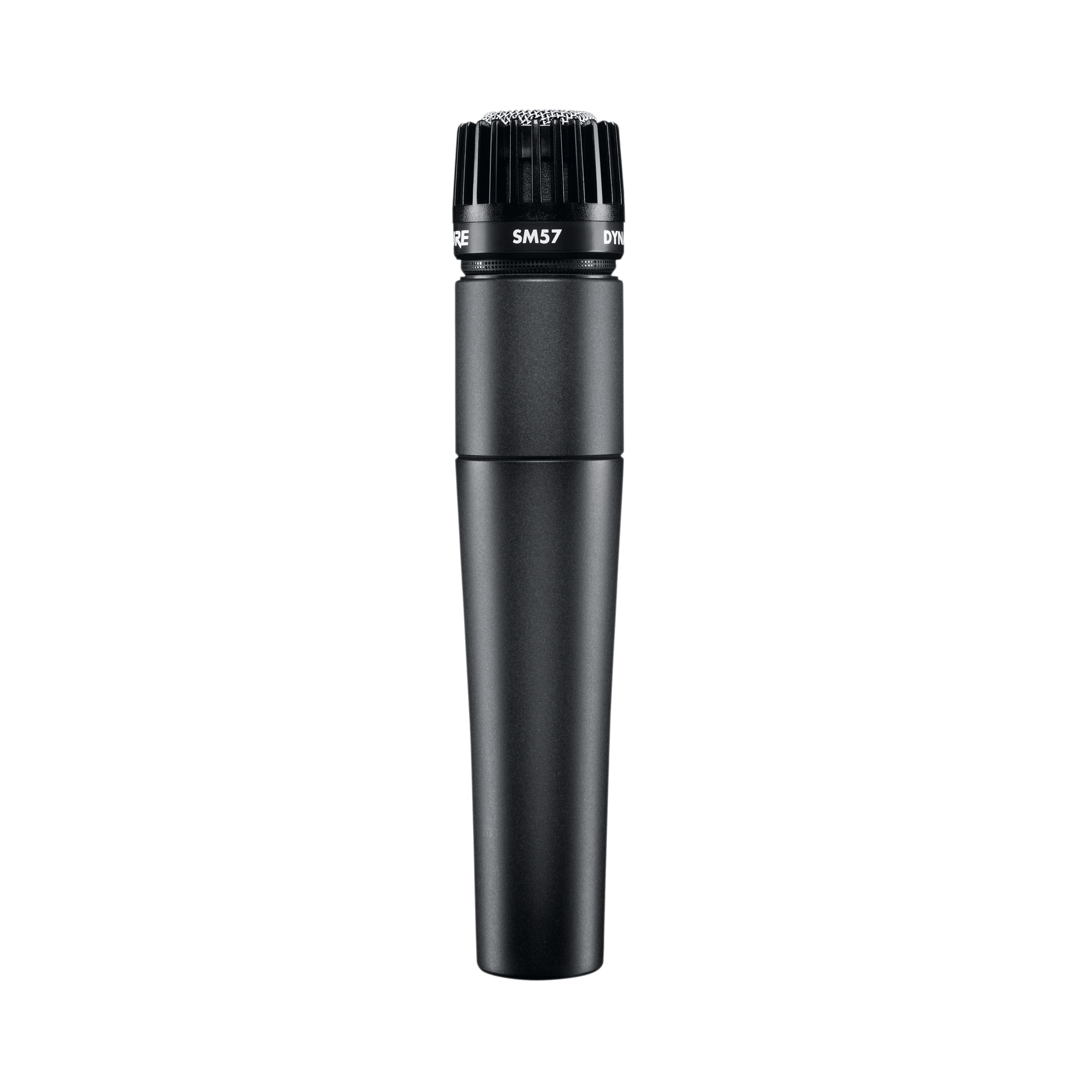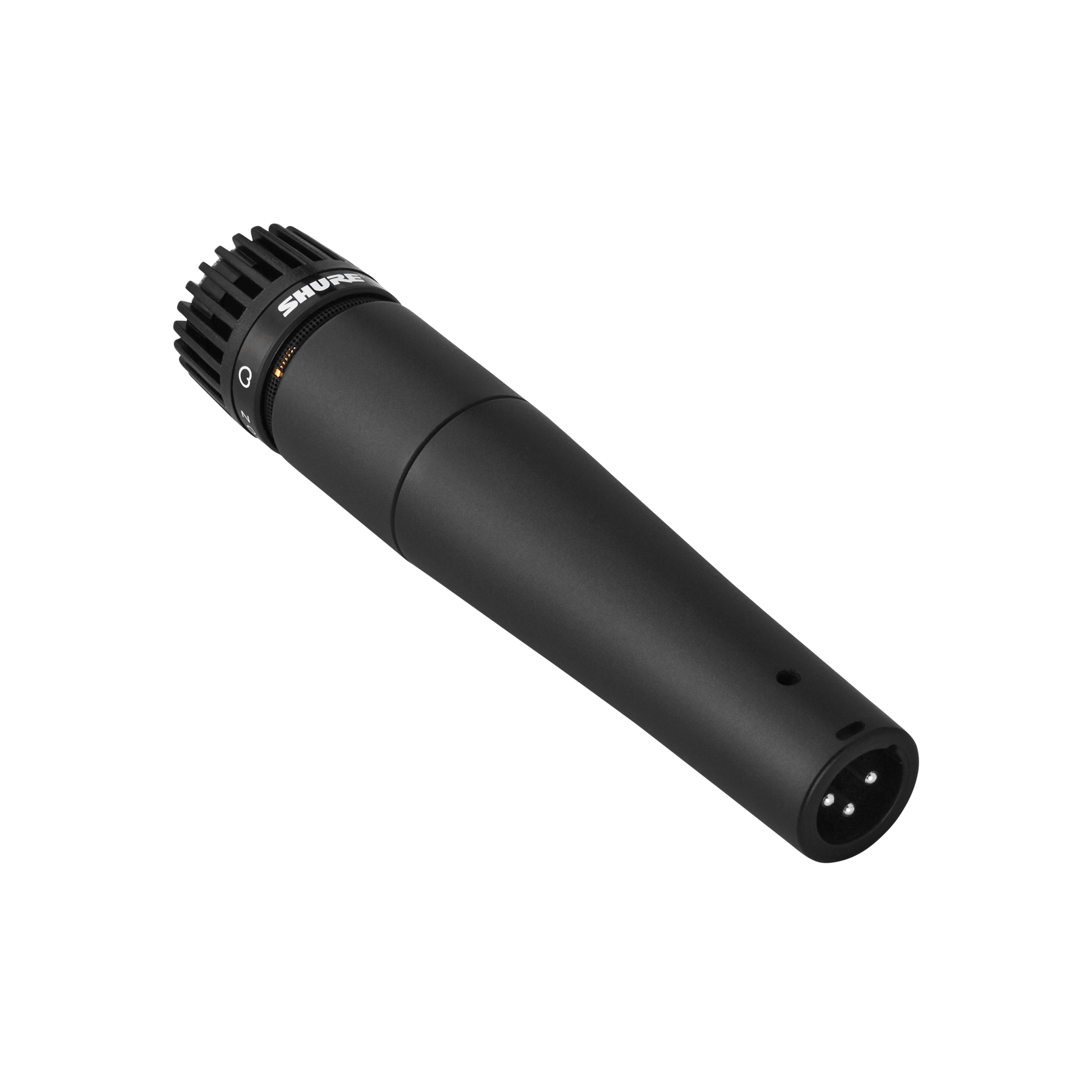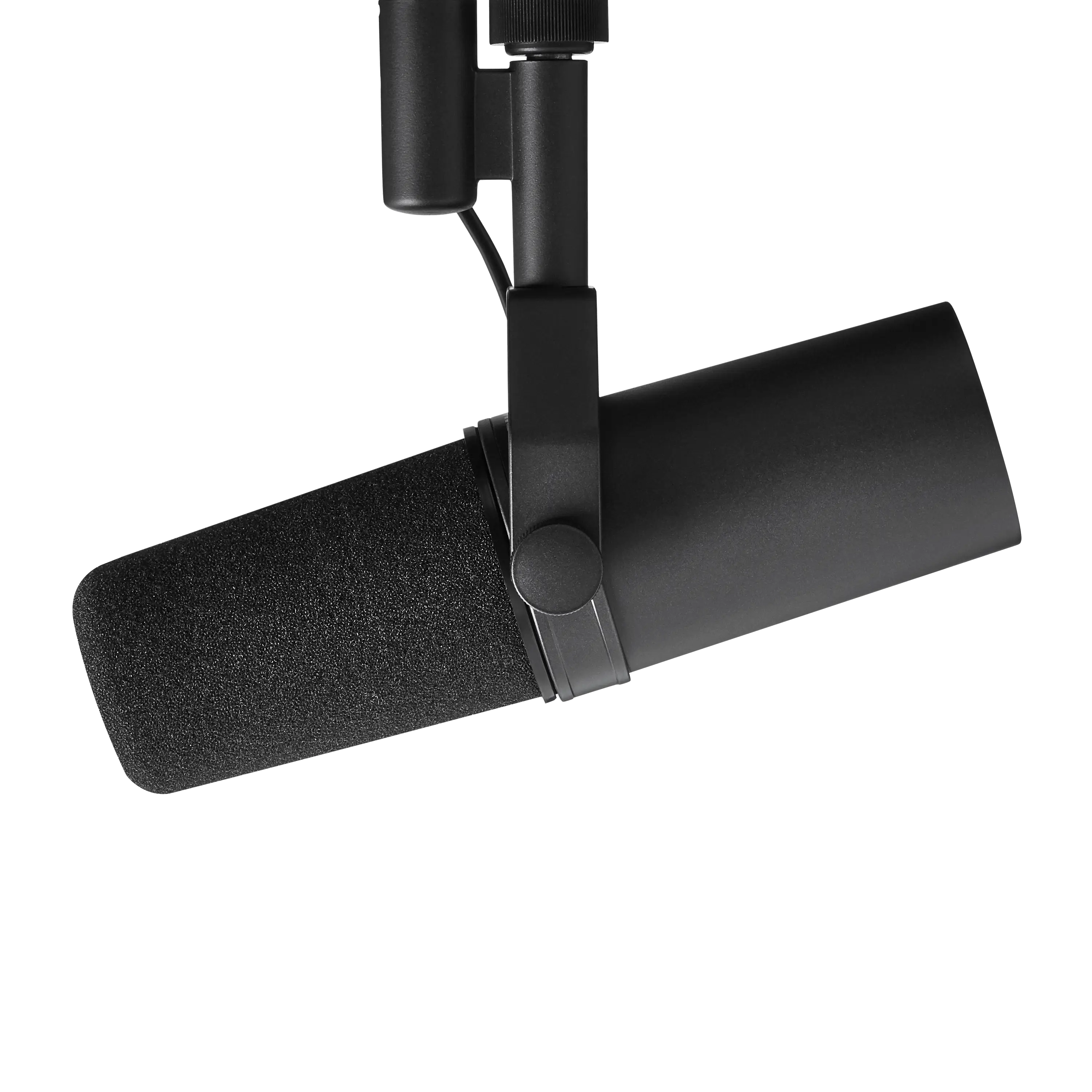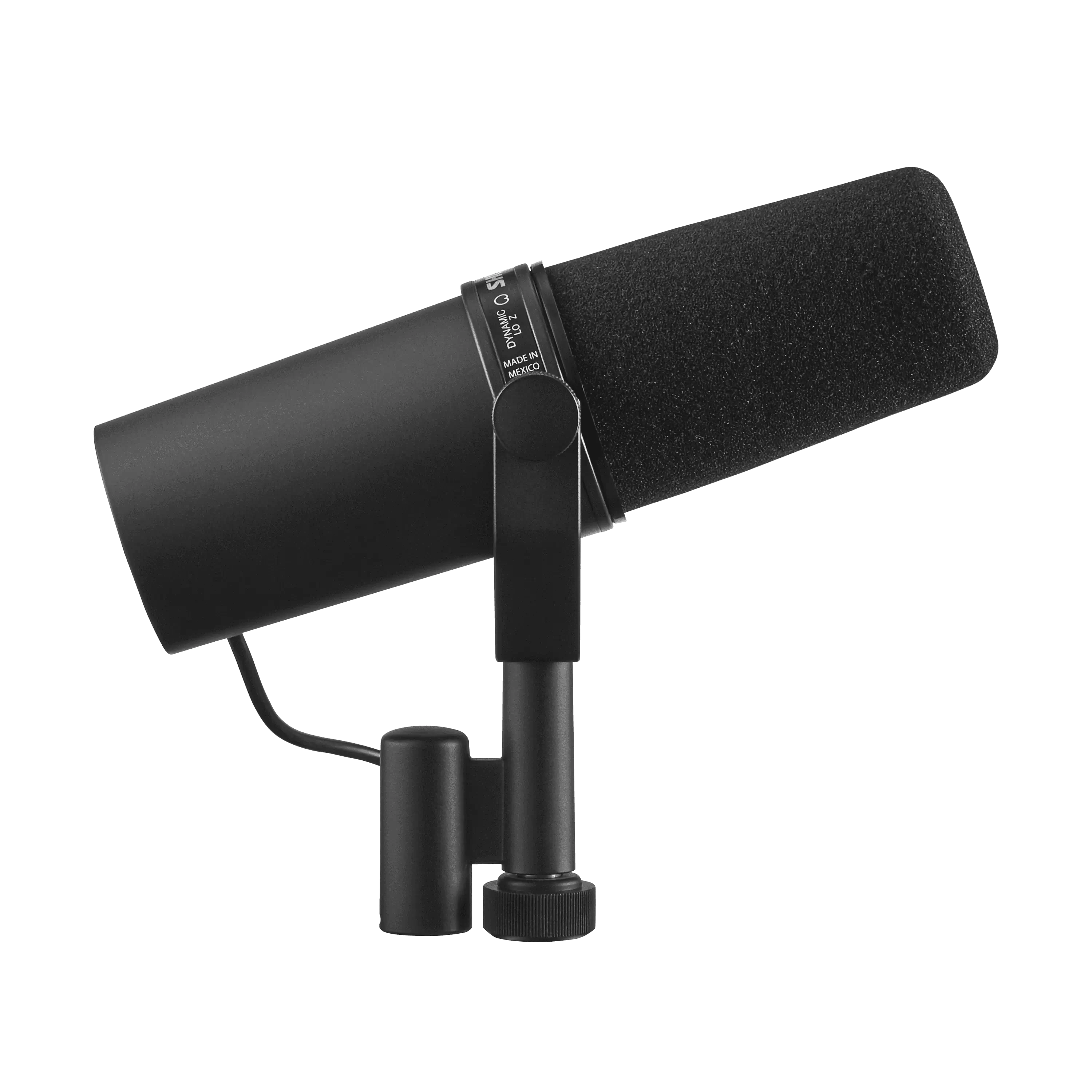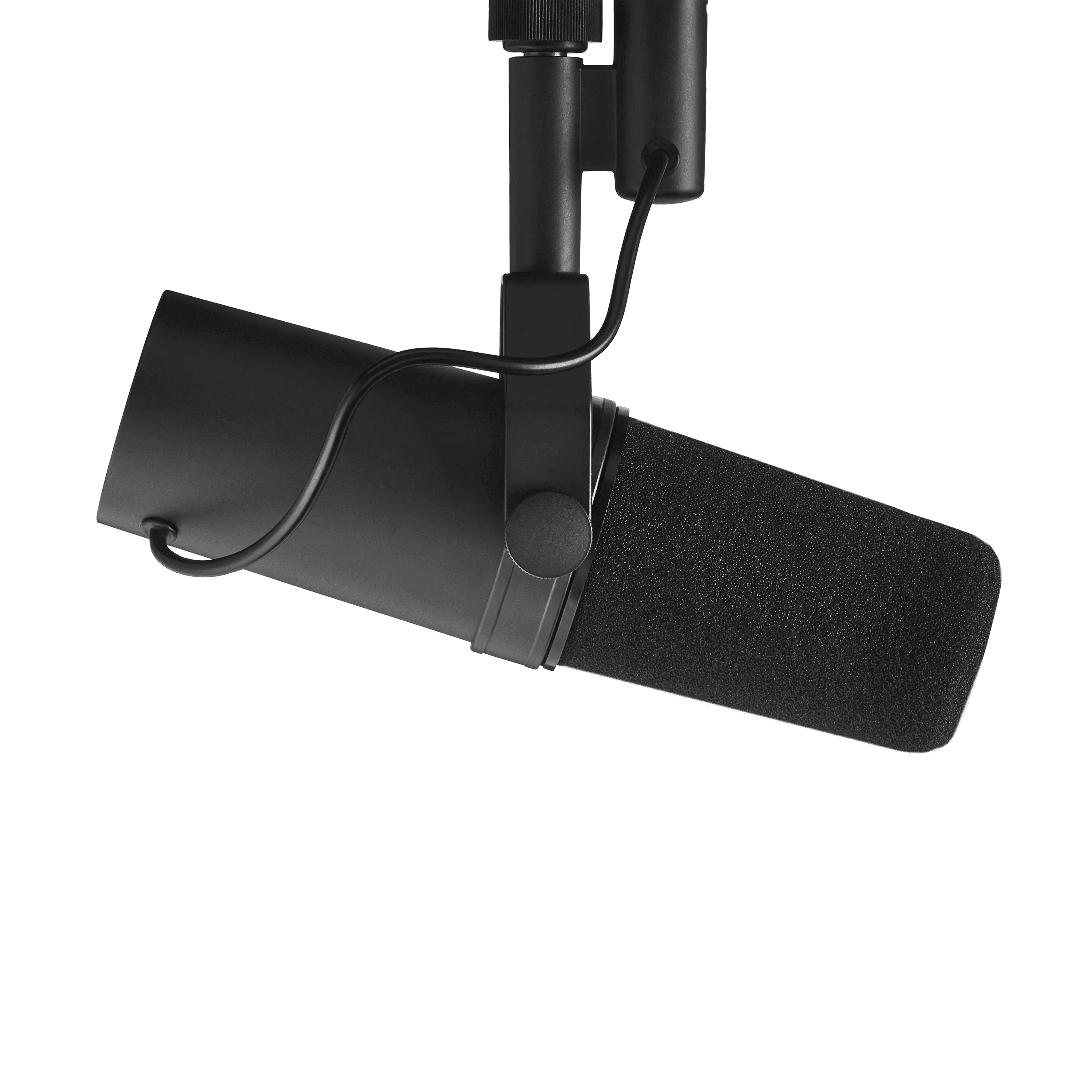Signal Path Podcast: Circuit des Yeux

Hear the stories behind the sounds: Join us, as Shure meets sonic innovators to explore how they're shaping the world of audio.
Episode 062: Circuit des Yeux
For this episode of Signal Path, we caught up with Haley Fohr, who is known for her impressive four-octave range and the atmospheric songs she creates as Circuit des Yeux. Andrew Anderson speaks with her about her operatic vocal style, comparing microphones to paintbrushes and her acclaimed album -io. This episode was recorded remotely with an SM7B and Haley's trusty SM57.
Andrew Anderson: When was it you first started singing?
Haley Fohr: My earliest memories of singing probably started in second grade when my father got me a classic rock CD. Led Zeppelin was on it, and I thought Robert Plant sang in a way other people didn't, like, really loudly. So on these vacations, I have two younger sisters who are around the same age and I'm older, and they'd kind of go on these outings and I would stay behind. And I remember singing Led Zeppelin at the top of my lungs, being like eight, nine years old in a hotel room, and that's when I really found my voice. And through after that, I really just integrated into every free public school program that involved singing.
What kind of things were you doing then? Are we talking like, choirs or what kind of things?
So you'd have to audition for these regional choirs. And I specifically remember having to sing the national anthem on cassette, and I was so little. And I remember the teacher who was accompanying me starting at middle C, like a child's range, and how we had to transpose like, two octaves down. Even when I was a young kid, and I started out singing tenor parts that were written for boys.
When did it then turn into actually making your own thing? When did that start to happen?
Well, I think I didn't really sing alone without a choir until high school, and I was pretty shy. So it was a teacher who pulled me aside and said, like, I think you have a gift and we need to enroll you into private lessons. And around that time, I also found a guitar kind of in an alleyway. I think I was 16. And, yeah, it was pretty natural, just the confluence of having a nylon string guitar to accompany myself and becoming a solo vocalist. I would write all sorts of songs and just kind of explore the craft of songwriting, kind of in like a coffee shop cliche way.
How would you describe your voice? Because it's, like, super distinctive, especially within the indie alternative punk DIY world. So how would you describe your voice?
My voice is very large, it's very dynamic, and I guess it's comfortable. Range is lower than most women. I have a four-octave range, but I really like to kind of hang low. People tell me, I sound like Scott Walker or even a lot of old blues singers like Billy Holiday. It's kind of smoky. It's got artifacts in it that I like. I was classically trained in high school, moving forward, so that meant, like, singing Italian arias and really taking it seriously. So I think I carry a lot of that technicality with me today. In a more rock ‘n’ roll realm.
Most people that have a voice like yours would end up going down that path because there's more opportunities, there's more funding for things like school through doing that.
And it's not really like I said, you can think of people like Scott Walker and so on, but there's not so many people with that kind of voice in the world that we're talking about.
So what was it about creating your own music that attracted you rather than becoming an opera singer?
I think my attraction to music is medicinal, and I'll take the risk and even say spiritual. So there's a confluence of training your voice to be an instrument so that you can use it to express yourself. And once I was able to do that, I no longer wanted to sing things that other people wrote, and I wanted to use it as a way to express myself the way most people use words. And it's been kind of the driving force of my life ever since I put in my 10,000 hours. And I do think, like, my voice and my feelings are one to one now, I think, which is really powerful.
When did you first actually try and record yourself?
It was a four track with an ill mic. I learned to play instruments other than my voice with my best friend at the time, who was a poet and a percussionist. And we started a punk band when I was 17, and we would record in her bedroom and in her garage and take turns, like, trying out vocals in the bathroom. And it kind of had, like, a cultural spirit of like a sleepover or something. Then it's something more serious. Like, it's not like we were trying to write a record. We were just experimenting and we felt safe enough around each other to fail.
How did your recording evolve and at what stage did you kind of feel that that was an instrument in of itself?
Well, I recognized, you know, when I was 16, 17 doing these internal mic recordings, how the palette was really just very one dimensional and monochrome. I found an archivist record, an ethnic musicology record, around that time. And I thought the quality of remote recordings was way better than what I was getting on cassette, and actually they were quite affordable. So I applied to go to recording arts school at Indiana University for Archiving. And that's when I really studied extremely in depth about microphones polar patterns. I got to understand microphones as paintbrushes on a canvas. The tuition involved having access to gear that frankly, was completely out of my price range.
How do you like to use the studio? What are some of the tricks and things that you go back to that you find work really well with your voice and your songwriting?
Well, I mean, I like a simple signal chain. That said, I do like outboard gear. I think that analog tools have a real magic to them, and to me, they're more easy to control and remain malleable to your intent. I don't like to use plug-ins very often, so usually I have BAE preamps and then just compressor. I know that I need to notch things out at 320. Think it's important to get a good take. I don't like to splice, so I'm kind of just letting things roll. And then I usually do like, 20 vocal takes in a row.
Listen to the full interview with Haley Fohr and subscribe to Signal Path with the podcast provider of your choice below.


